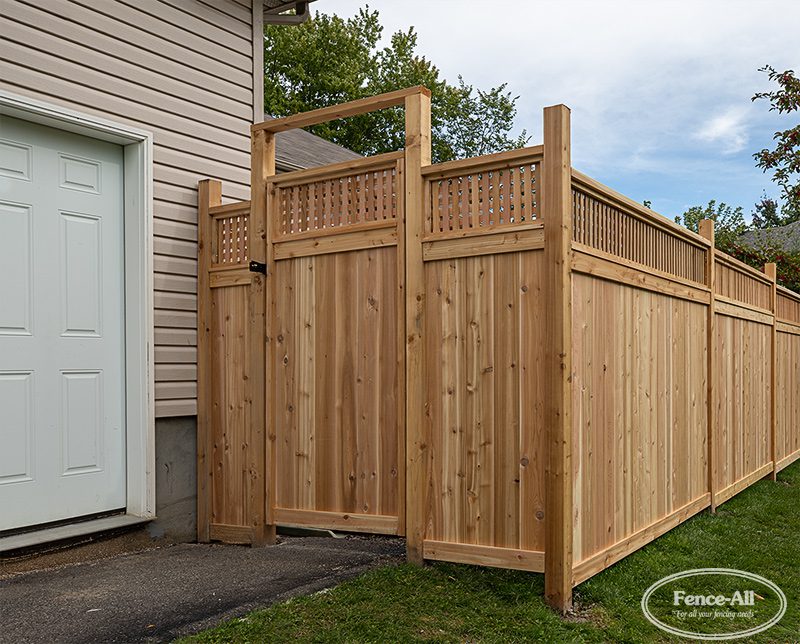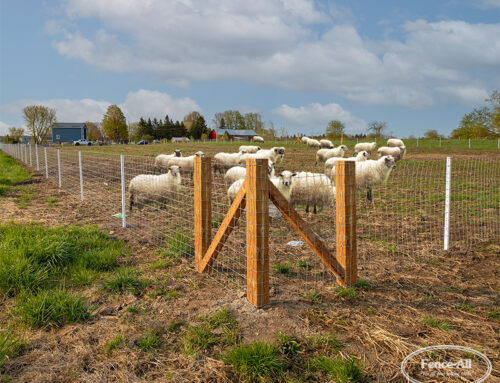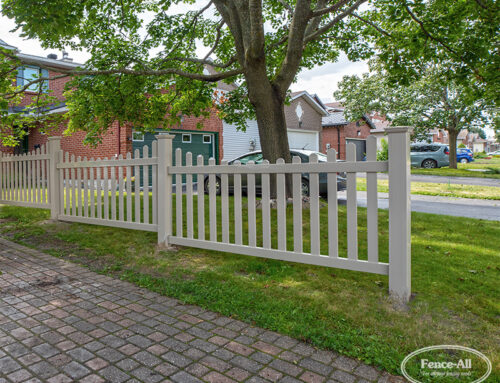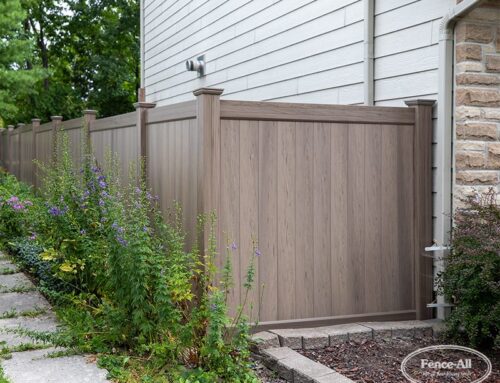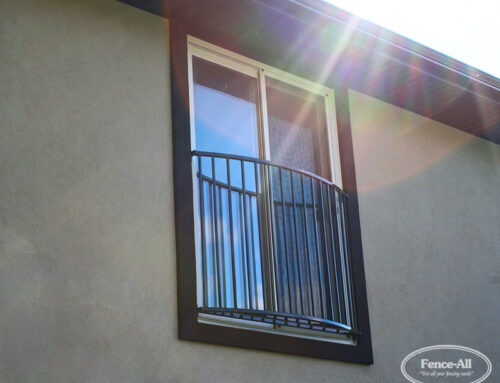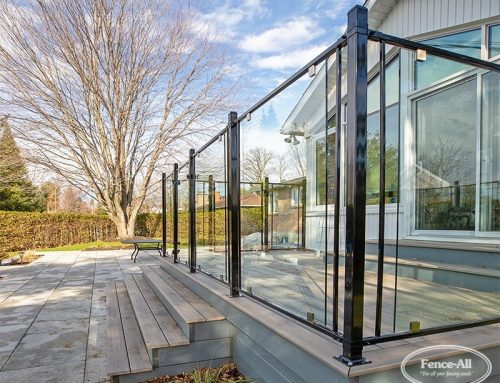While both softwoods and hardwoods are used in construction, not all woods are suitable for outdoor projects like fences and decks. The terms “softwood” and “hardwood” don’t directly refer to the density or durability of the wood, but to the type of tree it comes from.
- Softwoods come from coniferous (evergreen) trees like cedar, pine, and spruce. They grow quickly and are widely used for outdoor construction.
- Hardwoods come from deciduous trees like oak, maple, and tropical species such as ipe. While dense and durable, they’re typically better suited for indoor use or specialty applications.
Why Softwood is the Smarter Choice for Fencing
✅ Natural Resistance
Many softwoods used in outdoor construction—like cedar and pressure treated—offer strong resistance to rot, decay, and insect damage. This makes them well-suited for fences, decks, and other structures exposed to the elements.
✅ Low Maintenance
Softwoods weather gracefully and can be left unfinished or treated with stain or sealant to extend their life and preserve their color. With minimal upkeep, they can maintain a clean, attractive look for years.
✅ Sustainability
Softwoods typically come from fast-growing, renewable species like pine, spruce, and fir—many of which are harvested from sustainably managed forests in North America. This makes them a more eco-friendly option than many imported hardwoods.
✅ Cost-Effective
Softwoods are generally more affordable than hardwoods and offer excellent value for outdoor applications. Softwoods like cedar strike a solid balance between price, performance, and aesthetics.
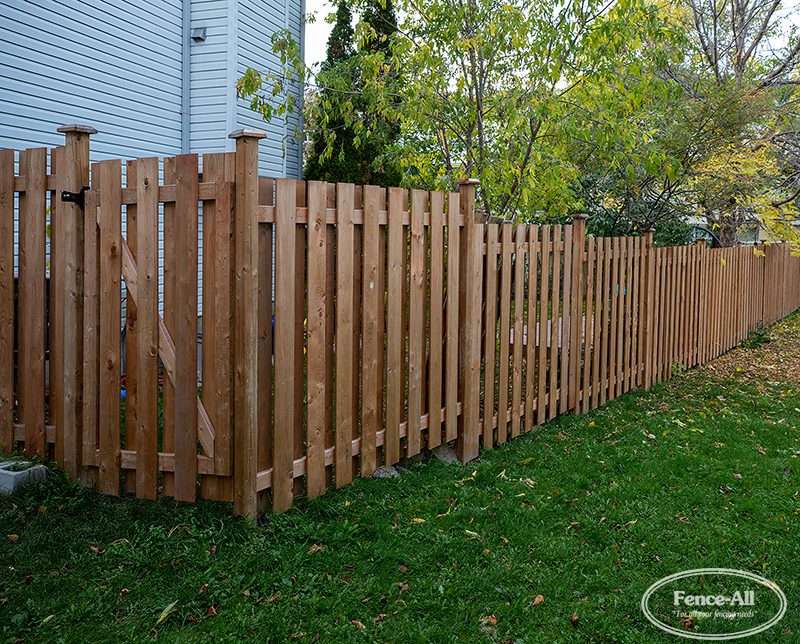
Softwoods are the the best choice for fences and decks.
The Case Against Hardwood for Fencing
Though hardwoods like ipe or mahogany are incredibly strong and rot-resistant, they’re not ideal for most fencing applications, for several reasons:
❌ Overkill for Residential Fences
Hardwoods are often too dense, too heavy, and too expensive for the job. A typical residential fence doesn’t require the extreme hardness of tropical lumber—and using it can significantly increase your budget with little return.
❌ Environmental Impact
Many tropical hardwoods are harvested from old-growth rainforests, and unsustainable logging remains a serious concern. Even when certified, the environmental cost of transporting exotic hardwoods across the globe is hard to justify for an outdoor fence.
❌ Difficult to Work With
Hardwoods are tough on tools and time. They’re harder to cut, drill, and fasten, and usually require pre-drilling for every screw or nail.
❌ Poor Compatibility with Fasteners
Some hardwoods contain tannins and natural oils that can corrode metal fasteners or cause staining if not properly treated—adding complexity to your build.
Which Softwood is Best?
Douglas fir and red cedar are roughly the same price, but cedar weathers better and is by far the more popular option for fences and decks. Pressure treated wood is a good softwood option for budget conscious folks.
More Questions?
More questions about materials? Give us a call at (613) 736-1122. We’re happy to hear from you!
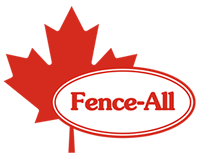
“For all your fence, deck, and railing needs”

